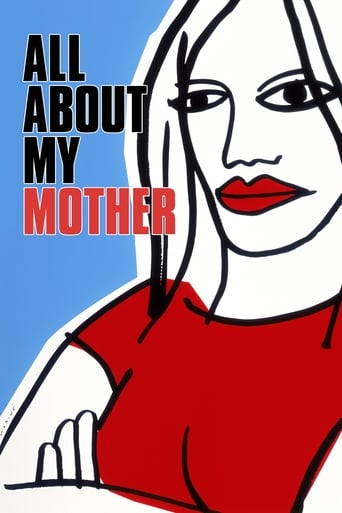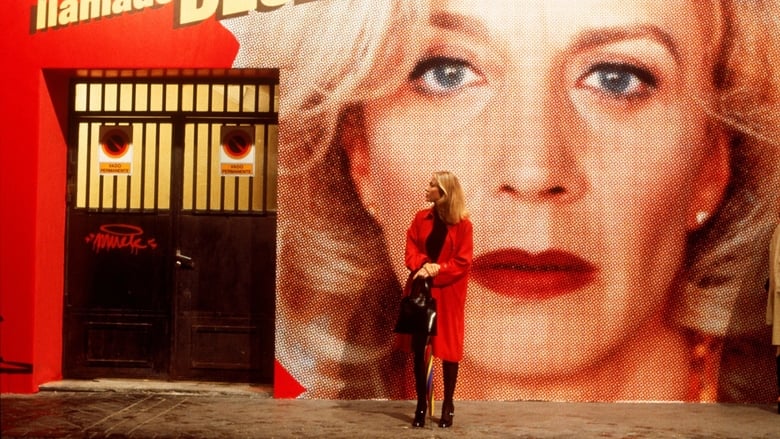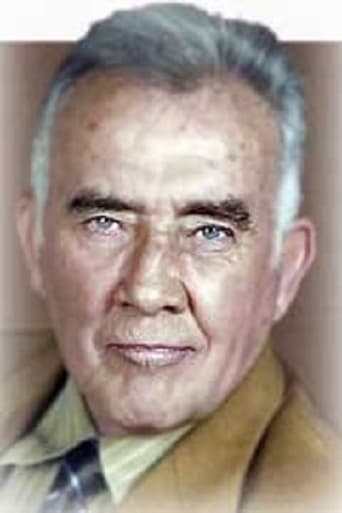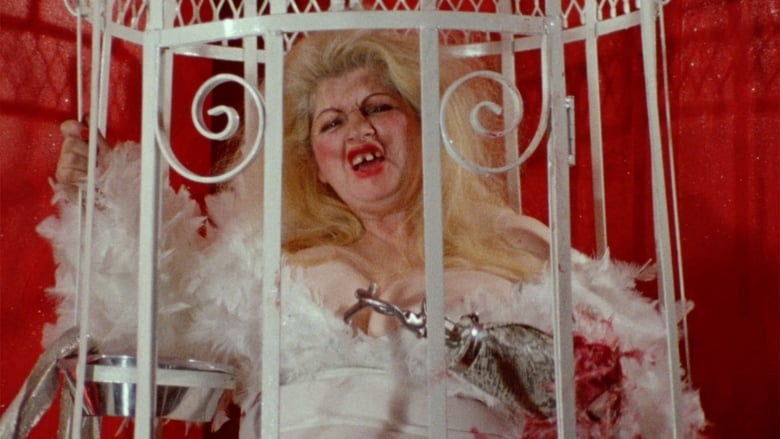Following the tragic death of her teenage son, Manuela travels from Madrid to Barcelona in an attempt to contact the long-estranged father the boy never knew. She reunites with an old friend, an outspoken transgender sex worker, and befriends a troubled actress and a pregnant, HIV-positive nun.


Similar titles
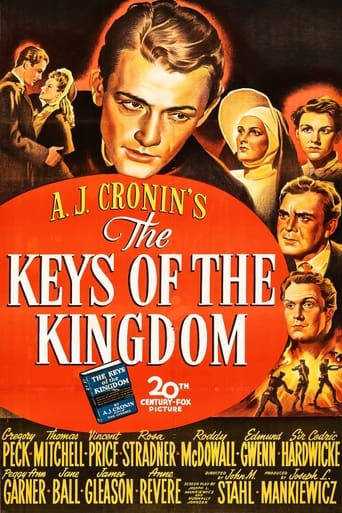
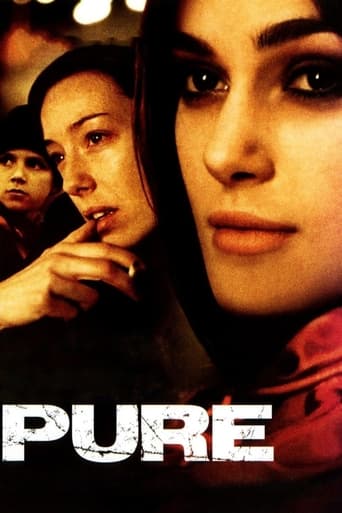
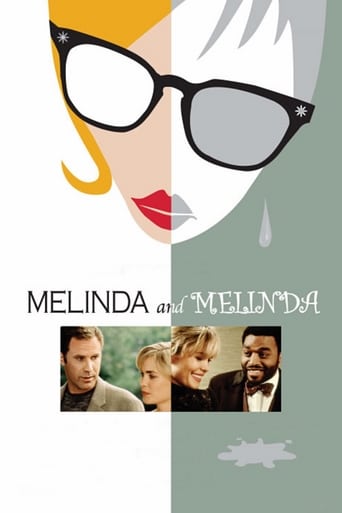

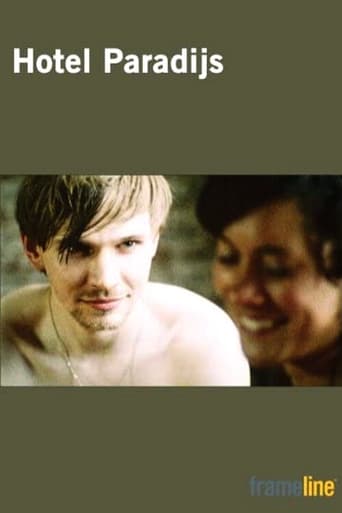
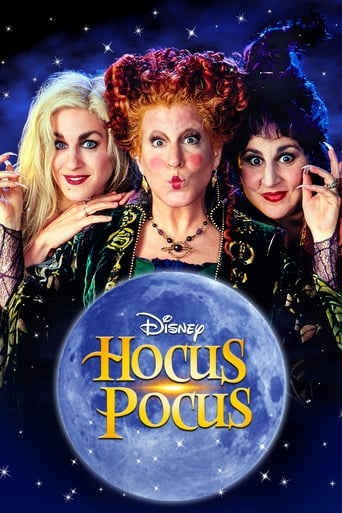
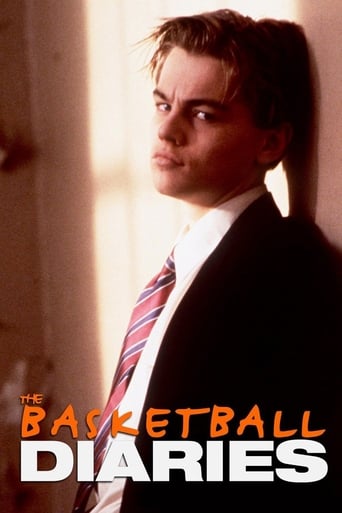
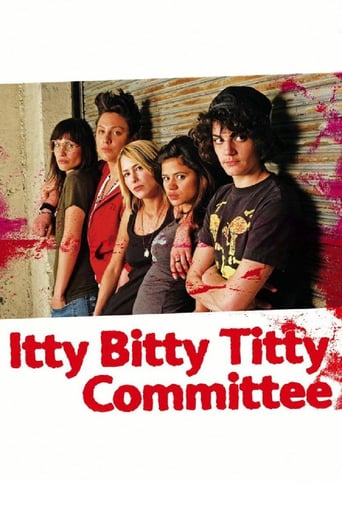

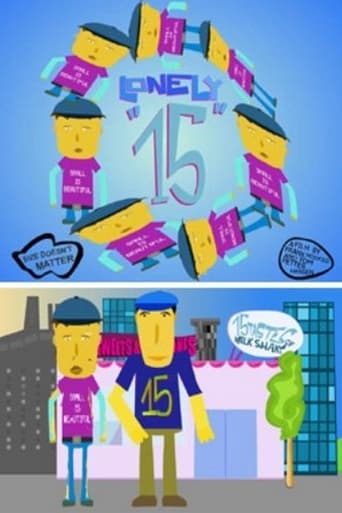
Reviews
No one makes films quite like Pedro Almodóvar. In an age where melodrama has been designated as a genre for trashy, low-brow entertainment, he wades through the rubbish pile and gives us All About My Mother, a seminal piece on navigating sexual and political identity in the modern age. The film marks a significant milestone in his provocative career. In his youth, his work reflected the turbulent Spanish contexts and societal upheavals he lived through, characterised by a stylistic luridness, of camp and eyeliner, of flashy kitsch and outrageous characters. Tina in Law of Desire is a deeply melodramatic figure, but she is also aware of her nature, and gives knowing winks to the audience. Almodóvar's parody had distanced him from sincerity, but then came along Manuela, who is living in a melodrama, and yet the story compels our empathy, and the surprise of encountering this feeling. Manuela thinks she has escaped from her past, but with the inevitability of the coming tide, it rushes towards her and beckons a decision. A rainy night and an unsuspecting driver sends her son and the camera careening, and she is posed the same question that she performed for us in the opening: Will you give your loved one's organs up for donation? This is not just Almodóvar's playfulness at work, but the genre crying out: self-reflexivity, mirrored realities, a dramatic collision of past and present. Witness the slow motion of her anguish, and the mournful strings as she signs away her son's body. What would the back cover say? A part of her is missing, and this is her journey to reclaim herself. The style is arresting, and provocatively draws attention to itself - Almodóvar has gained sincerity but lost none of his theatrical edge. The stage background is drenched in a melancholic blue, and the lead actress wears gold, but listen to the recital of Stanley Kowalski's famous line. It's barely a whimper, and Stella is already too far away to be seduced. The character, more animal than man, as Marlon Brando showed us, is reduced to pathetic stage dressing. The father, who also occupied the role, is now called Lola, and Rosa's father, a blank slate. The world is Manuela's stage, as Almodóvar indicates, punctuating the frame with red hair, lips, costumes, pushing his actors through zany mise en scène (her new apartment is a kaleidoscopic museum), weaving Tennessee Williams' lines into the dialogue of the everyday. She must perform constantly, keeping her grief at bay, feigning a more capable identity, and helping others claim theirs (she is Rosa's sister, because it presents a better look). Centre stage, ironically, is the only place where she can afford to take off her mask, a safe space from judgement and stigmatisation. Stella, and therefore Manuela, is allowed to weep openly, and the moment is emotionally cathartic (she even sports a fake belly!). Theatre is more real than reality, and it is Manuela's escape route from the harshness of life's dealt hand, but also a way of engaging with her grief. The stoic facade is discarded, and the tears flow so freely. And what are the men of the cast doing? They are being coached on their emotional projection: "The sadness should go into your hands. You have to work it," instructs the director. This gloss is reminiscent of none other than the king of melodrama, Douglas Sirk. His work in the 50s were the romance novels of today (just look at their posters), adorned with roses, white picket fences, sweeping romance narratives, and lush Technicolor. But what the sheen concealed was an attack on classism, and the conformist ideologies of Eisenhower's suburbia. Today, seeing Jane Wyman's face imprisoned by the frame of the television, it seems obvious. Todd Haynes would try his hand at melodrama, updating Sirk's style with a modern exploration of homophobia. But while Far from Heaven is merely a renovated period piece, bursting at the seams with weepy and strained acting, All About My Mother cuts through it all. Almodóvar isn't just subtly pushing critique through irony, he's dropping glittery bombshells and eradicating sexual conformity, gender taboos and traditional values. And alongside Manuela's lifelong journey, he is shattering and reconstructing the nuclear family paradigm with his own zany personalities. Agrado is the film's main source of warmth, but more vitally, humour. While the music is pulsating and tensions are at bursting point, she sashays in and disarms the scene with a witty remark and a healthy dose of self-depreciation. Almost overnight she has eased the doubts of Huma Rojo, two years on becoming her most trusted companion and confidant. And in the film's most liberating scene, she struts out under the spotlights after (melo)drama backstage cancels the night's performance. But what an opportunity the plot presents her with! She has been living on the fringes of society, shunned but for a select clientele, yet here she is on centre stage. She rattles off the prices of her plastic surgeries, so numerous that she resembles Theseus' ship, no longer made of the original model's pieces. Yet she is stronger and more confident than ever, so utterly sure of her role in life, and radiating authenticity in spite of the work done on her body. This is beauty and femininity and warmth all wrapped into one, not as a physical ideal, but as an fluid identity. And what Agrado has helped reshape Manuela into is so much more than just a mother.
Manuela is a single mom who loses her beloved son Esteban when he gets hit by a car while chasing after actress Huma Rojo. Manuela is a nurse in charge of donor coordination. To avoid the temptation to look for Esteban's organs, she quits her job. She decides to return to Barcelona to tell transgender Lola about his son that he never knew he had. She finds her old transgender prostitute friend Agrado. She befriends pregnant nun Rosa along with Huma Rojo and her lover Nina Cruz.I love the first half of the movie. I love Pedro Almodóvar's bright colors and exuberant style. The dirt road where the prostitutes congregate is an amazing scene. I just felt the movie loses focus later on as it deals with the various characters. It's still an amazing movie.
After her only son dies in an accident, a single mother (Cecilia Roth) goes searching for the boy's father, a randy transvestite, and falls back into her old group of friends including drag queens, prostitutes and actresses.There isn't a very strong plot in this follow-up to Carne Tremula, but there's tons of atmosphere and fascinating characters, and everybody acts their hearts out, especially Roth and Antonia San Juan. Penelope Cruz is also good as a social worker with AIDS whom Roth takes under her wing. It's a continuation of the themes of grief, helplessness and fate from Almodovar's 1997 masterpiece but it's much less stylized, more sensitive and character-centered.
"All About My Mother" is an extremely well put together film that is an intriguing combination of art-house and Oscar bait. Almodorav has managed to put together a movie with a strong emotional core all the while making some interesting stylistic choices. At the heart of this movie is a story of a mother come to terms with the recent death of her only son on his 17th birthday. We see her give up her life in Madrid as a nurse and return to Barcelona where she had a more tumultuous life before moving to Madrid.The movie does an excellent job establishing the relationship between the mother and the son so when the son dies one can really feel the emotional impact. This is where we first see Cecilia Roth shine in the role of Manuela. We are really able to feel that this is a difficult time in her life and that when she decides to pick up and start her life over we understand. When she gets to Barcelona we are immediately thrust into the underworld and are introduced to Antonia San Juan who does an excellent playing Manuela's old friend a pre-op transvestite. She does come off as being a bit over the top at times, but is never out of character. There is a scene where Agrado was given the opportunity to put on a one women show she seems to drop the ball and a scene with a lot of potential was fairly tame. My biggest problem with the movie is the relationship between Penelope Cruz's character, Rosa, and Manuela. I was confused on how Rosa came to trust Manuela so completely so quickly. I do not think that Cruz did anything special with the character, which was unfortunate because she is such an important part of the story of Manuela. Since this movie is about Manuela as a mother and since she adopts Rosa's baby, when she dies in child birth, it is disappointing that there was not more of a connection between Roth and Cruz on screen. I did love some of the transition shots used and the one at the end with the train going from Barcelona and then back again was neat. These type of shots along with the soundtrack keeps this movie from being too boring and not just a rehashing of the same story. Also I like the almost meta aspect of the theater production of A Streetcar Name Desire. I enjoyed how it was interwoven into the story and how the actress and the story play itself became a part of Manuela's growth. Watching her take care of the principle actresses and Rosa allowed the viewer to never lose track of what made Manuela a mother. Overall this movie was extremely well put together, but there were weaknesses to be had. At times the movie lost focus on Manuela and focused a bit too much on Agrado or Rosa's stories. It was a fresh take on what normally would have been a boring and bland Oscar bait movie.
